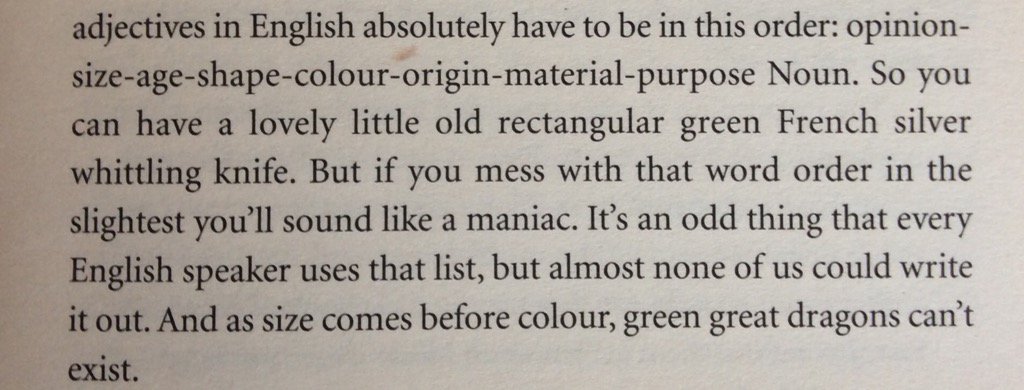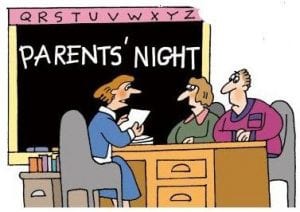
www.tutormykids.co.uk
How do the national curriculum levels work?
This is a question that is often asked by parents who are seeking help for their children when they approach Tutor My Kids for home tuition in Cambridge, Ely or Newmarket areas.
At primary (junior and infant) schools in England and Wales,
the levels go from level 1 to level 5 or 6.
I’m confused with the letters after the numbers
Each level is divided into 3 sub-levels. The lowest sub-level being c,
then b then a. e.g. 2a is higher than 2b, which in turn is higher than 2c.
I’ve listed the levels below. Your child will progress through these from the bottom upwards:
6c
5c
4a
4b
4c
3a
3b
3c
2a
2b
2c
1a
1b
1c
What level should my child be at?
There is no ‘should’ as there are many reasons why your child is where
there are, but there’s value in discussing national expectations.
The government measures schools on a number of factors:
The percentage of children who leave key stage 2 (year 6 at primary or
final year of junior) at a level 4. This is known as attainment.
The percentage of children who make 2 levels of progress from Key Stage
1 (end of year2 or infant school). This is known as progress.
Why is level 4 important?
Level 4 is the level that it is hoped that all children will reach at
the end of year 6. This is a key level because it correlates very strongly with
GCSE success at secondary school; children who do not attain level 4 at primary
school tend not to achieve their maths and English GCSE.
Why is level 5 important?
Level 5 and 6 is important for higher achieving pupils because most
secondary schools ‘set’ or stream for ability. This means that the better the
levels your child achieves the higher sets they will be in at secondary. This
is important because generally speaking the higher sets suffer less with
disruptive behaviour and more productive learning occurs.
What are the expectations for Key Stage 1 (infant school)?
Schools aim to get all children to level 2 at the end of key stage 1
(year 2) because children who get level 2 at this age tend to get at least
level 4 at the end of primary school.
Children who get level 3 at key stage 1 tend to get at least level 5 at
the end of year 6.
How much progress should my child be making each year?
From year 3 to year 6, it’s expected that a child should progress 2
whole levels. If your chid leaves year 2 at 2c, they’ll be expected to reach 4c
by the end of year 6.
In addition, because children don’t tend progress in regular intervals
– very much like children tend to grow in spurts – schools plan for your child
to make 2 sub-levels (2/3 of a level) of progress a year. E.g. if they start
year 3 at 2c, at the end of year 3, they should be at 2a.
Those of you who paid attention in maths will have noticed that 2/3 of
a level each year for 4 years (year 3 to year 6) makes 2 and 2/3 of a level
progress over 4 years. This allows for accelerated progress and/or for periods
when children consolidate their learning.
Will my school tell me the levels at which my child is working?
Talking to parents who approach Tutor My Kids for home tutors in
Cambridgeshire, school are happy to discuss levels with them; the problem tends
to be that parents don’t know what to ask or know how to interpret the
information given.
Good questions to ask are:
Is my child working at, above or below national expectations?
How has my child progressed since the start of the year?
What level is my child working on for writing, reading and maths?
How can I help them at home?
What should I be concerned about?
If your child is working significantly behind national expectations and
the school’s interventions are not improving that situation, it might be time
to talk to school again and maybe look at additional tuition.
If your child is not making the progress the school would expect, it’s
probably worth some additional investigation. Some schools do not stretch their
gifted and talented children – those children who are ahead of expectations,
which means that they do not maintain that lead; they slip t being ‘at
expectations’.
Sometimes your child can be ahead of expectations in some areas –
reading and maths tend to be typical, and maybe a bit behind in writing.
Many parents contact Tutor My Kids looking for a home tutor in
Cambridgeshire when their child is in year 4 or 5 and they want to ensure that
their child will be on track for a good result in SATs at the end of year 6.
For more information on ‘Quick Wins to raise attainment and SATs
levels’ please see our other blogs and
also our regular column in ‘Primary Times’ in Cambridgeshire.















